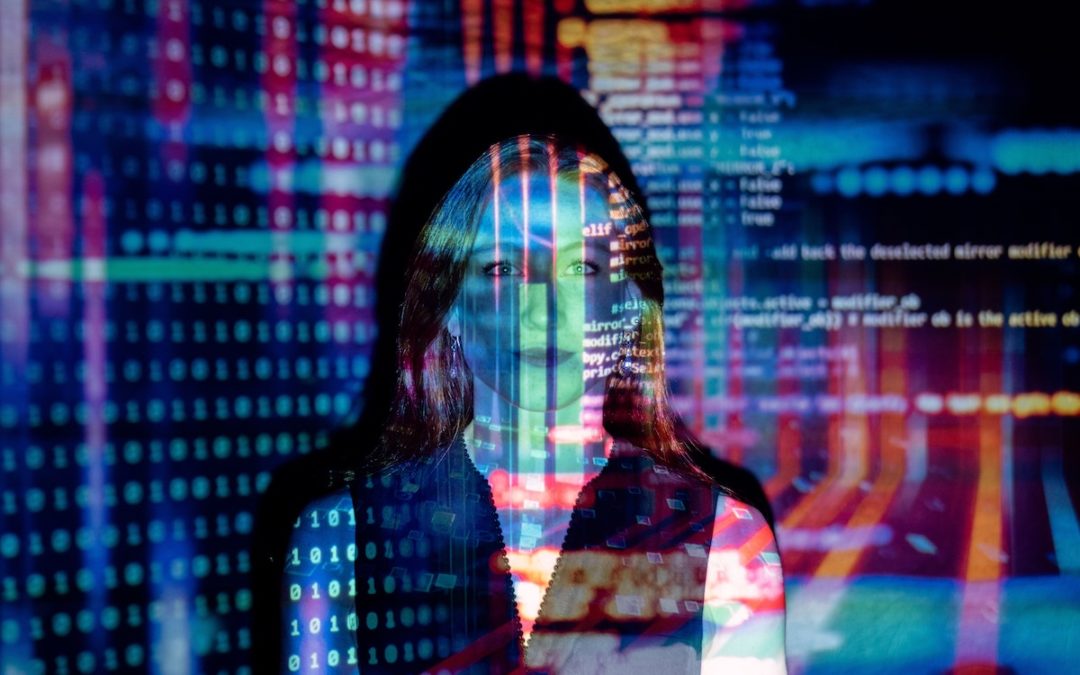The digital landscape of cryptocurrency has drastically evolved with the emergence of NFTs. In 2021, businessman Sina Estavi purchased Twitter founder Jack Dorsey’s first-ever tweet for over $2.8m. Despite this recent surge in crypto-asset investment, however, the Australian Government has not yet directly addressed the regulation of NFT ownership. In this article, we aim to explore what it means to own an NFT and also identify how Australian law currently regulates this new form of currency.
What is a NFT?
“NFTs”, or “Non-fungible tokens” are units of data that are validated and stored in a blockchain; a cryptographic digital ledger. NFTs are capable of digitally representing any tangible or intangible asset ranging from digital artwork and domain names, to event tickets and real estate.
Unlike other cryptocurrencies such as Bitcoin, NFTs are entirely unique and cannot be replaced or replicated. The unique identity of NFTs ensures that the authenticity of digital assets can be verified. This assists in tracking the ownership of assets and reducing the probability of fraud.
Ownership of a NFT
When buying NFTs, owners are assigned a private key which is stored within a digital wallet and used to verify their proof-of-ownership. This private key is used by NFT owners to prove that their token is an authentic copy of the original asset.
NFT creators are issued a public key that is permanently recorded in the token’s metadata and made transparent in the NFT blockchain. This key serves as a certificate of authenticity that proves a NFT was created by a particular individual. On some platforms, creators may earn royalties when their NFTs are sold.
Ownership rights may only be transferred when written in a contract between parties. The scope of rights entitled to an owner is contingent upon the terms and conditions contained within the written agreement.
Why can’t I just copy and paste?
NFT ownership is seemingly unnecessary when a digital asset can be copied, downloaded or streamed for free. Whilst anyone may digitally access and screenshot NFTs, it does not mean that they are entitled to the rights of the original digital artefact.
The more frequently Jack Dorsey’s first-ever tweet is shared online, for example, the more market value the digital asset accrues. If a person were to capture a screenshot of Jack Dorsey’s tweet, they will not be granted any ownership rights because the screenshot does not have a unique key. Without this key, the screenshot cannot be recorded on the blockchain and claimed as an authenticated copy of the original tweet.
Is there legislation regulating the buying and selling of NFTs?
According to the Final Report released by the Senate in October 2021, ‘digital assets are generally not prescriptively regulated in Australia’.
In spite of this gap in governmental regulation, digital assets fall under the definition of a “financial product” within s763 of the Corporations Act 2001 (Cth). This means that many NFTs and crypto-assets exist within the scope of the Australian Securities & Investment Commission’s (ASIC) regulatory framework. ASIC stipulates that individuals or companies which purchase or sell digital assets must hold an Australian Financial Services Licence or, dependant on the circumstance, an Australian Market Licence.
What to look out for when buying or selling NFTs
It is important to consider the following when investing in NFTs:
- Counterfeits and scammers are apparent on online trading platforms. To avoid misleading or deceptive conduct, verify the true identities of NFT owners.
- The terms and conditions of blockchain platforms may impose restrictions on the rights of sellers and buyers. These terms will determine the buyer’s scope of ownership rights and may impinge on upon the rights of the copyright owner.
- You may be obligated to pay tax on capital gains. Be aware of the tax implications of buying or selling digital assets by visiting the Australian Taxation Office website.
To learn more about how Australian law applies to NFTs and other crypto-assets, please visit the ASIC website.
How Etheringtons Solicitors can help
A solicitor at Etheringtons Solicitors can provide clarification of the relevant law and its relation to your individual circumstances. If you need further advice or assistance with intellectual property ownership, please contact one of our experienced solicitors on (02) 9963 9800 or via our contact form.

